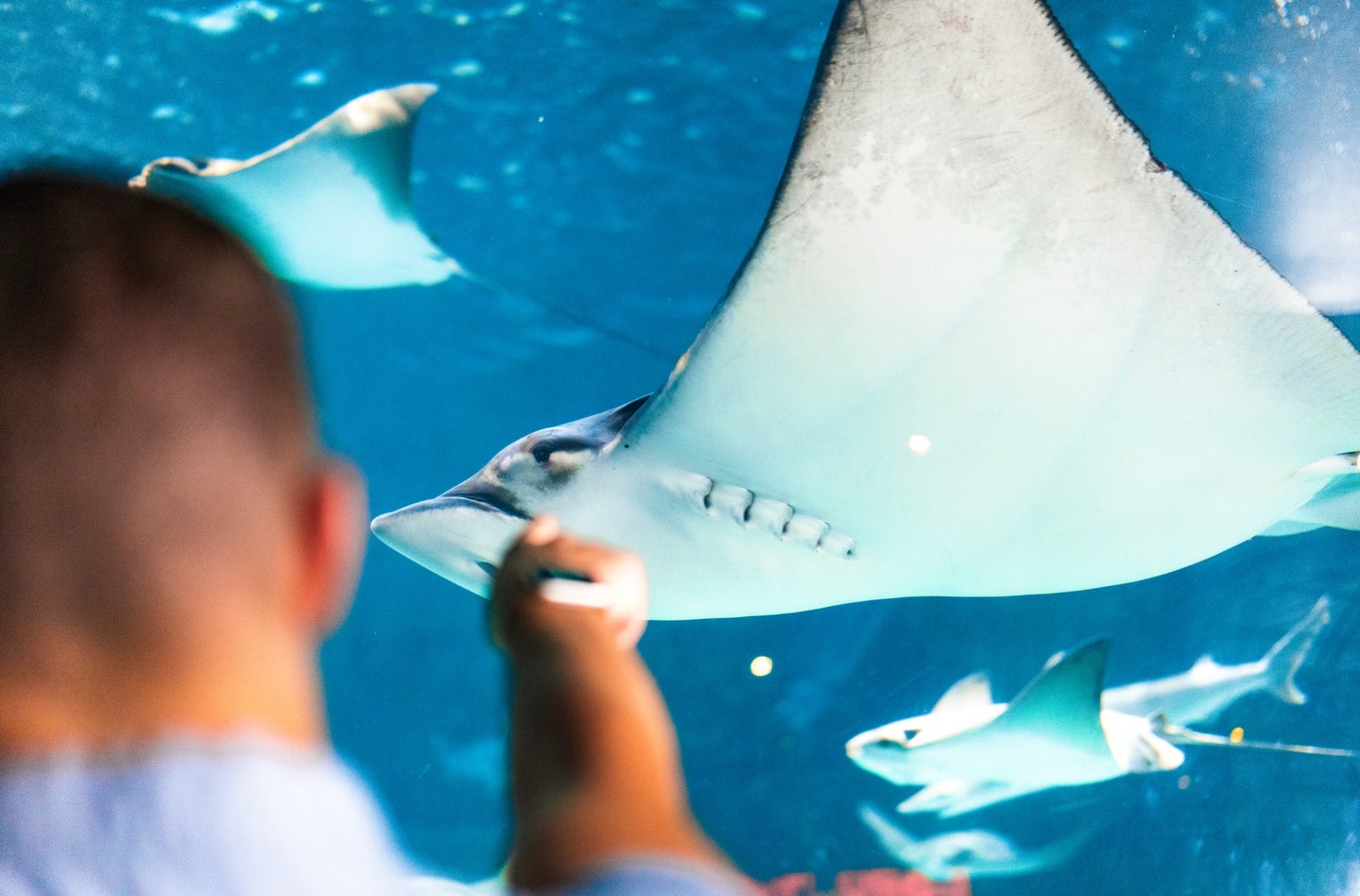- Engaging with Marine Science Fundamentals
- Practical Applications in Marine Conservation
- Importance of Teamwork in Aquatic Environments
- Hands-On Activities and Learning Experiences
- Inspiring Future Generations of Marine Biologists
Participating in a program like Jr. Aquarist Camp can spark a lifelong passion for marine science in children. This experience offers a hands-on opportunity to learn about marine ecosystems in an engaging and motivating environment. From the basics of marine biology to practical conservation practices, the program provides a profound understanding of the ocean’s complexities and its inhabitants.
Engaging with Marine Science Fundamentals is foundational to the Jr. Aquarist Camp experience. Children learn about diverse marine organisms, from coral reefs to deep-sea creatures. The curriculum is designed around critical concepts such as ecosystems, habitats, and the interdependence between species. Students explore the anatomy and physiology of various marine animals, understanding how adaptations enable survival in particular environments. Familiarization with terms like biodiversity, trophic levels, and the food web empowers children to grasp how different marine systems function.
Additionally, campers participate in lessons about the ocean’s physical aspects, including currents, tides, and the chemical composition of seawater. Through hands-on activities like water sampling and testing for pH levels, they quantify the health of marine environments. This interactive approach promotes critical thinking, enabling students to analyze data directly. The integration of practical skills ensures that the knowledge gained is not only theoretical but also applicable to real-world scenarios.
Practical Applications in Marine Conservation are crucial elements taught at Jr. Aquarist Camp. Children learn about current challenges facing marine ecosystems, such as pollution, habitat destruction, and climate change. Programs often include case studies on conservation initiatives that have successfully protected endangered species or restored damaged environments. For example, discussions might focus on the efforts to restore coral reefs using innovative techniques such as coral gardening or marine protected areas.
The camp emphasizes that successful conservation requires teamwork and collaboration. Understanding the societal, economic, and scientific facets interconnected with conservation creates a well-rounded perspective. By learning about organizations engaged in marine conservation, children can see tangible outcomes of collaborative efforts, inspiring them to become future advocates for preserving marine life. These practical lessons equip young minds with strategies to address and mitigate these pressing issues.
Importance of Teamwork in Aquatic Environments cannot be overstated within the Jr. Aquarist Camp framework. Being part of an aquarium team is not about individual accolades but rather collective success. Across various activities, children learn the value of communication and collaboration. They are encouraged to share ideas during brainstorming sessions and work together during hands-on tasks.
Team projects may involve creating awareness campaigns about marine conservation or building models of marine ecosystems. In these activities, campers must coordinate roles, assign tasks, and support one another in achieving their objectives. Such teamwork cultivates essential social skills while reinforcing the understanding of how interdependent marine ecosystems are, paralleling this understanding with human social structures and collaborative professions.
Hands-On Activities and Learning Experiences greatly enrich the Jr. Aquarist Camp. These activities are designed to supplement the theoretical knowledge campers gain through lectures and discussions. For example, students may partake in guided tours of exhibit tanks, engaging directly with the species they learn about.
Additionally, Aquarist Camp might include opportunities for students to assist in animal care at the aquarium. They may observe feeding routines, water quality checks, and tank maintenance. This opportunity not only provides immersive experiences but also ensures that students respect and understand the responsibility associated with caring for living organisms.
Interactive workshops often incorporate tools and techniques used by marine scientists in their fieldwork. For instance, children may experience how marine biologists tag animals for research purposes or how habitats are evaluated for conservation projects. These hands-on experiences allow participants to apply their knowledge practically, fostering a deeper appreciation for the science behind marine management.
Inspiring Future Generations of Marine Biologists is one of the primary goals of Jr. Aquarist Camp. Children engaged in this program often develop an excitement for marine science that could guide their future education and career paths. With exposure to various career options in the marine sector, they gain insights into roles such as marine biologists, conservationists, or aquarists.
Tangible experiences can make a lasting impact. Campers often leave with newfound confidence and ambitions directly linked to their time spent in the program. Presentations from professionals in the field or discussions involving real-world careers offer campers knowledge on potential educational pathways. These interactions could ignite passions that lead to studies in marine biology, oceanography, or environmental science.
In summary, Jr. Aquarist Camp serves as an influential platform encouraging young people to engage actively with marine science. By cultivating a foundational understanding of marine ecosystems, reinforcing practical applications in conservation, emphasizing teamwork, and offering hands-on experiences, this program endeavors to inspire the next generation of marine stewards. The experiences offered in this camp are more than just educational; they nurture a culture of respect and responsibility for the ocean and its inhabitants. Each participant gains insight into the delicate balance of marine life and the crucial necessity of preserving it for future generations. The camp aims to equip children with the tools they need to make informed decisions about marine conservation and inspire a commitment to environmental stewardship.
*****
Source Description
Put on your lab coat and get hands-on with marine science! 🧪
At Jr. Aquarist Camp, your child will learn what it takes to be part of the aquarium team, from marine science basics to real-life conservation practices. It’s a full day of discovery designed to inspire and educate.


